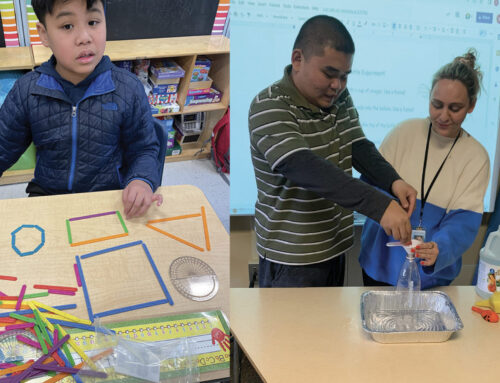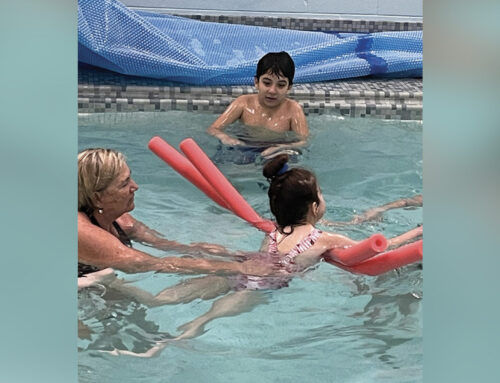The Forum School recently hosted a special evening event for families, caregivers and advocates to arm them with information needed to prepare for life after graduation.
The event, “Navigating the Transition from Education to Adulthood,” featured advice from three area experts Shirley Whitenack, Esq., Jason Campbell, OTR, and Mr. Joseph DeSimone.
There are dramatic changes for students with disabilities and their families after high school. Our presenters covered topics from financial planning and special needs trusts, to how to maintain speech, physical and occupational therapies after graduation, and steps to accessing services and supports from the Division of Developmental Disabilities.
Check out the tips they provided below…
Three Tips For Accessing Adult Services
- Start Early. While services from DDD generally cannot start until a student graduates at age 21, it is a good idea to learn about the system and ensure eligibility requirements can be met well in advance.
- Stay in School. In order to help ensure a seamless transition, students who need ongoing services should remain in school through the end of the school year in which they turn 21. Otherwise, there is likely to be a gap in services and the graduate will sit home with no services.
- Have a Plan. The Person-Centered planning process that is part of the adult service system takes time and engages support and input from many people. It is a different process than the IEP, which most families are familiar with. To learn more go to personcenteredplanning.org.






 Testing of Lead in School Drinking Water
Testing of Lead in School Drinking Water